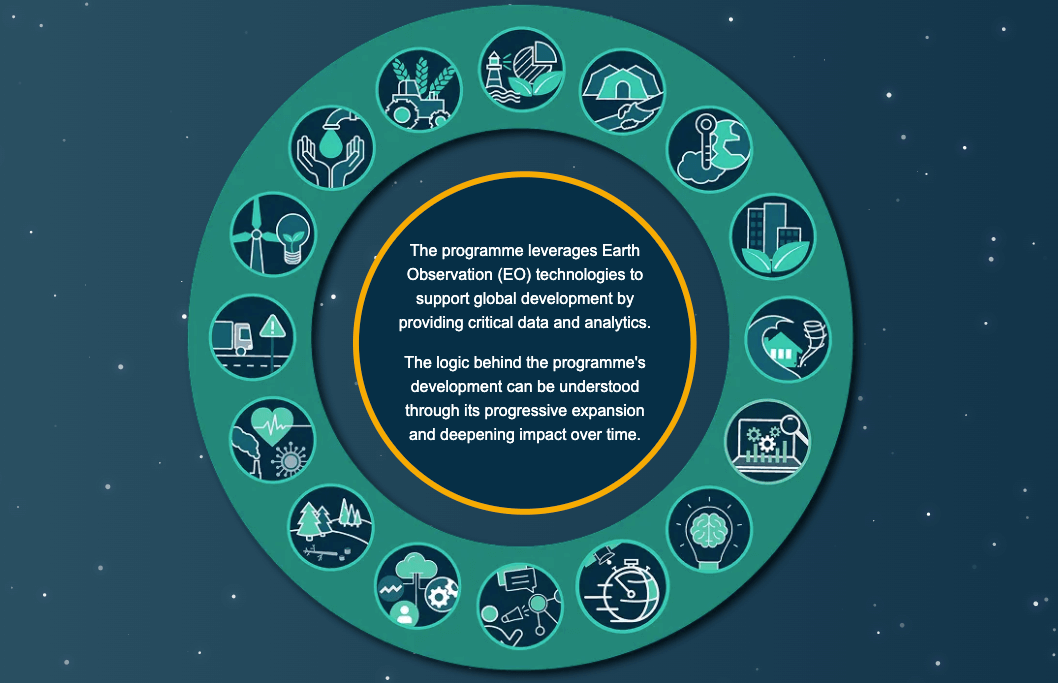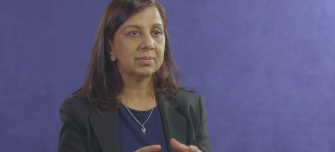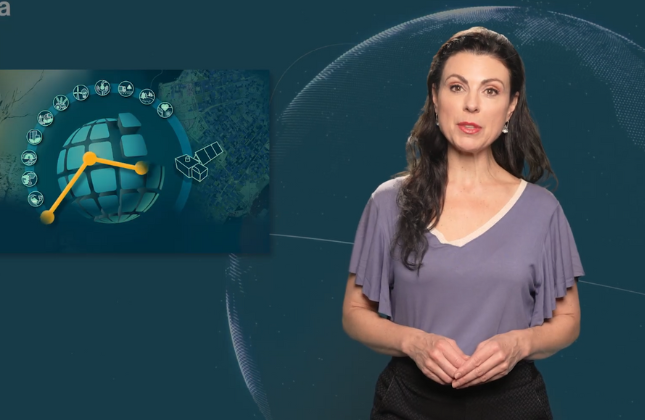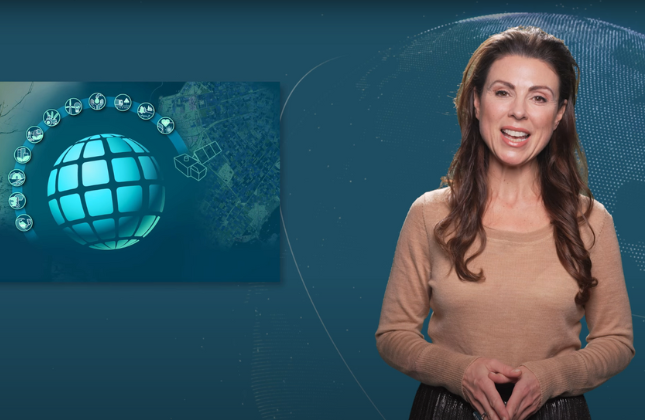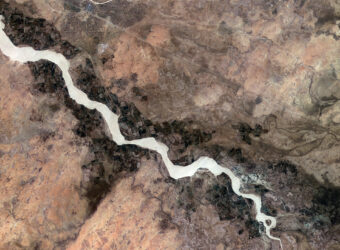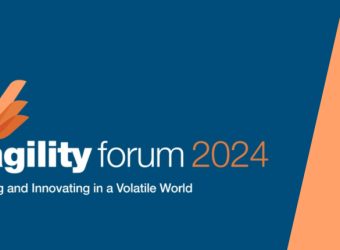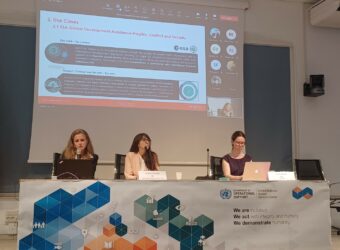We are pleased to announce the successful completion of the ESA Global Development Assistance (GDA) activity on Fragility, Conflict, and Security. This initiative, conducted in collaboration with experts including e-GEOS, DLR, Hensoldt Analytics, Vito, Janes, and CGI, marks a milestone as the first ESA-GDA thematic area to reach its conclusion. The partners gathered for a final meeting hosted at ESRIN facilities in Frascati, Italy.
Spanning over the activity duration that began in January 2022, the consortium harnessed the power of geospatial intelligence and integrated Earth Observation (EO) data into development operations in fragile settings. The results have been remarkable, offering insights into issues such as environmental degradation, land grabbing, and displacement dynamics.
One exemplary instance of a successful venture within the framework of GDA Fragility, is the execution of the “Small-scale Construction/Rehabilitation of Small-scale Infrastructures in Pakistan” initiative. This activity’s primary aim was to oversee the ongoing endeavours in infrastructure development across Pakistan by leveraging Earth Observation (EO) data. Through the integration and analysis of EO data, the activity sought to prioritise activities and requirements associated with the construction and rehabilitation of small-scale infrastructure. By employing EO-based dashboards and change detection techniques, the activity furnished a valuable instrument for monitoring and evaluating the advancement and impact of infrastructure development initiatives in Pakistan. Such information proves indispensable for organisations like the World Bank, actively engaged in the Pakistan Community Support Project (PCSP), as they rely on accurate and current data for effective decision-making and resource allocation.
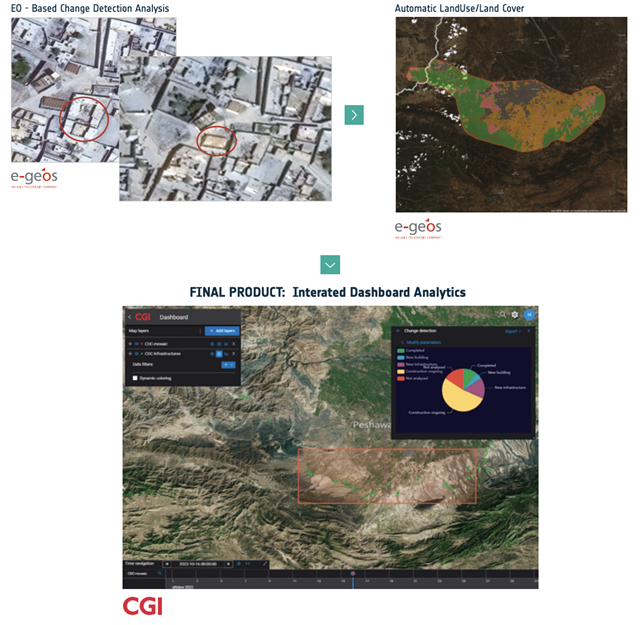
The potential expansion of this activity entails incorporating 20-25 infrastructure schemes into the dashboard for analysis, such as flood protection walls. The analysis will encompass assessing the extent of flooding both pre-construction of the flood protection wall (July 2022) and post-completion (July 2023). The desired outcome is the development of a fully interactive dashboard enabling users to filter villages based on various parameters, including population, completion status, and administrative boundaries.
The GDA-Fragility team has been presented with a Terms of Reference for a potential collaboration with the World Bank to replicate the analysis for another emergency and rehabilitation activity. The overarching goal is to bolster recovery efforts, enhance livelihoods, rehabilitate infrastructure, and fortify institutional disaster management capacity through the utilisation of earth observation data. This collaboration underscores the growing acknowledgment of the value EO data can contribute to development projects and underscores the necessity for its integration into decision-making processes.
Have a look at our Brochure and Flyer for more examples.
The activity’s primary focus was on delivering innovative solutions that meet the specific needs of International Financial Institutions (IFIs), such as the World Bank (WB), the Asian Development Bank (ADB), and the International Fund for Agricultural Development (IFAD). Through the development of ten use cases, the consortium could tackle pressing challenges faced by these institutions, paving the path for risk-informed decision-making in fragile contexts.
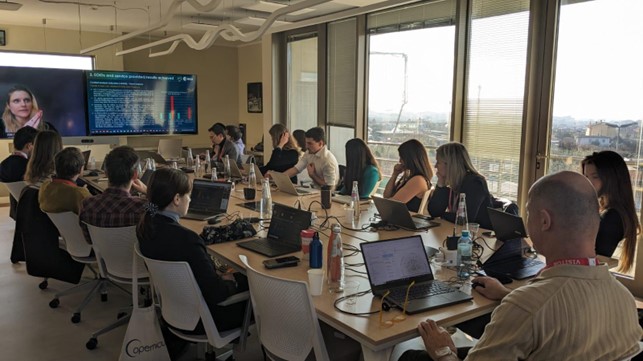
A distinctive characteristic of this thematic area was the adoption of a multi-disciplinary approach, involving the co-design of operational scenarios with IFIs and the implementation of collaborative teamwork. This endeavour ensured that the provided solutions aligned with the requirements of each institution, thereby reinforcing activity’s implementation and performance monitoring in fragile settings.
The outcomes of the GDA Fragility activity have surpassed expectations, delivering impactful results that contribute to shaping a more resilient future amidst the complexities of fragility, conflict, and security. By integrating EO data and maintaining close collaboration with IFIs, we have provided decision-makers with tools for informed, evidence-based actions in fragile regions.
As we reflect on the successful completion of the GDA Fragility activity, we eagerly look towards a future where technology and collaboration continue to drive positive change, build resilience, and foster peaceful environments worldwide.



